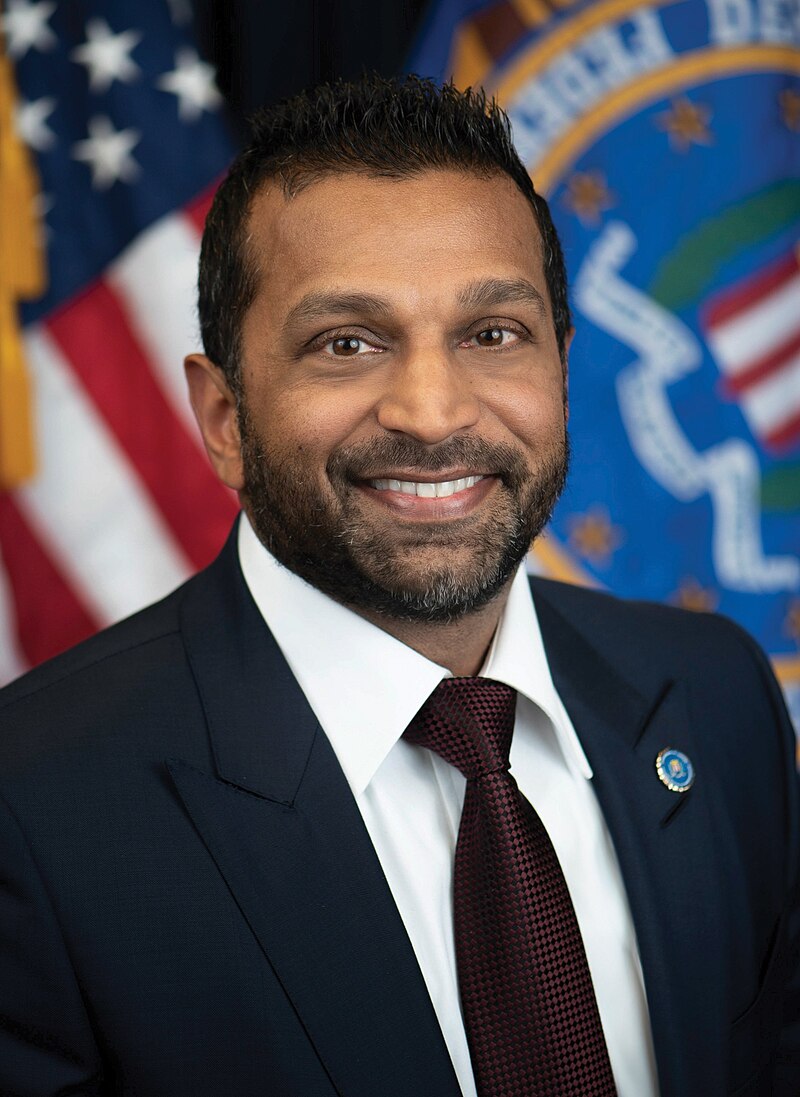By Steve Neavling
A DEA Agent accused of fatally striking a cyclist in Oregon in March is seeking immunity from prosecution because the incident happened while he was trying to track a major drug dealer.
Samuel T. Landis admitted in court that he ran a stop sign and killed cyclist Marganne Allen, according to the Salem Reporter.
The case is moving to federal court, which will allow Landis to argue that he is immune from prosecution. That defense doesn’t exist under state law in Oregon.
Landis was on duty when he struck Allen on March 28.
Landis was charged on Sept. 6 with criminally negligent homicide.
Since then, the case has been shrouded in secrecy.
Attorneys for Landis said he and several other undercover officers were surveilling a suspected fentanyl trafficker at the time.
“Agent Landis, along with other law enforcement, lost visual contact with the target. In trying to regroup and locate the target in furtherance of the investigation, Agent Landis inadvertently collided with a cyclist in an intersection,” his attorneys said in an Oct. 16 filing in Eugene U.S. District Court.
According to the filing, law enforcement officials are allowed to violate traffic laws under certain circumstances.
“Multiple law enforcement officers testified in grand jury that it is sometimes necessary during surveillance to violate traffic laws to maintain contact with the subject and perform their law enforcement duties,” the agent’s attorneys wrote in a later filing.
His attorneys said Landis slowed down at the stop sign.
“He made a decision in an effort to maintain surveillance that resulted in the accident,” his attorneys said in an October filing. “The state’s investigation revealed that Agent Landis was neither speeding nor under the influence at the time of the accident.”
Despite the charges, Landis still works as a DEA agent, his attorneys said.
Prosecutors for the Marion County District Attorney’s Office objected to moving the case to federal court and downplayed the surveillance, saying Landis was merely gathering information and had no plans to arrest the suspect that day or disrupt the trafficking ring.
“(Landis’) understanding at the time of the collision is that there was no urgency for him to get to a different location and that there were multiple other law enforcement members who had visual contact of the target,” prosecutors wrote.






